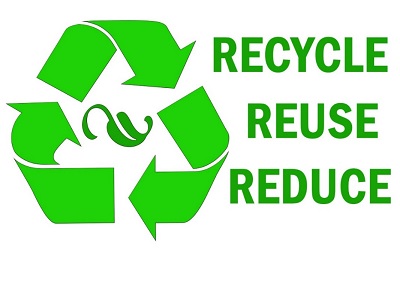Solid Waste Management
Solid waste management refers to the collecting, treating, and disposing of solid material that is discarded or is no longer useful. Solid waste management is an important aspect of urban area management. Improper disposal of municipal solid waste can create unsanitary conditions, which can lead to environmental pollution and the outbreak of vector-borne disease.
The task of solid waste management presents complex technical challenges. They also pose various economic, administrative, and social problems which need urgent attention.
The major sources of solid waste are households; agricultural fields; industries and mining, hotels and catering; roads and railways; hospitals and educational institutions; cultural centers and places of recreation and tourism, etc. Plastic waste is also a solid waste.

Classification of Solid Wastes
- Municipal Waste
- Hospital Waste
- Hazardous Waste
Effective Solid Waste Management can be carried out in the following ways −
- Sanitary landfills
- Composting
- Landfills
- Incineration and pyrolysis (a process of combustion in the absence of oxygen)
- Vermiculture or earthworm farming
- Bioremediation or the use of micro-organism (bacteria and fungi)
- Reuse, reduce, and recycle
